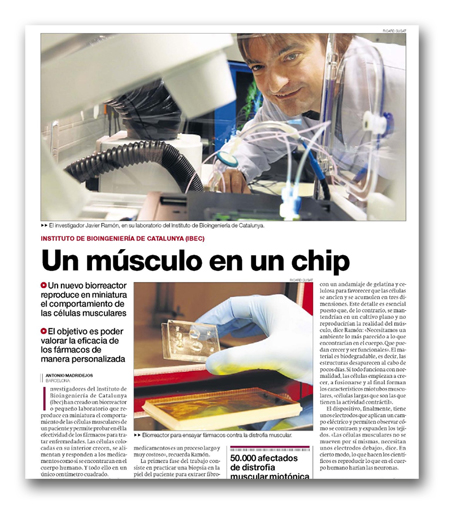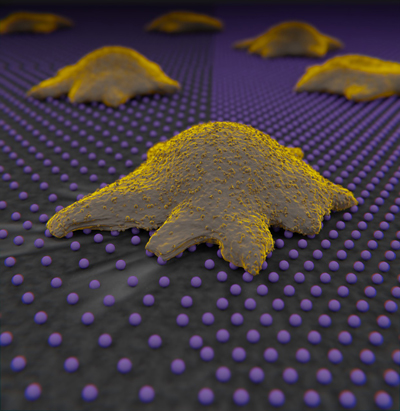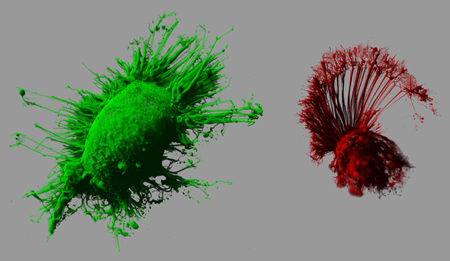A molecular mechanism could explain how bacteria resist antibiotics
 IBEC researchers have shown for the first time how bacteria make DNA under stressful conditions, such as drug treatments.
IBEC researchers have shown for the first time how bacteria make DNA under stressful conditions, such as drug treatments.
This new knowledge could help develop new antibiotics that work, tackling the urgent problem of antibiotic resistance.
The Bacterial infections: antimicrobial therapies group led by Dr. Eduard Torrents was studying the bacterial strain Pseudomonas aeruginosa, which can cause severe chronic lung infections in cystic fibrosis (CF) patients, leading to severely impaired lung function, an increased risk of respiratory failure, and death.

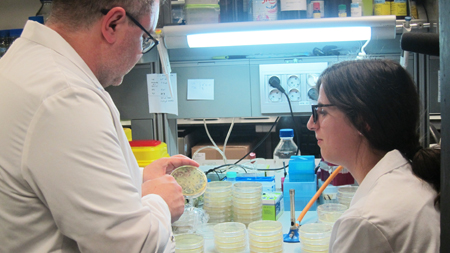

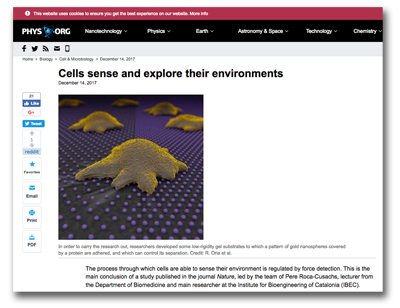
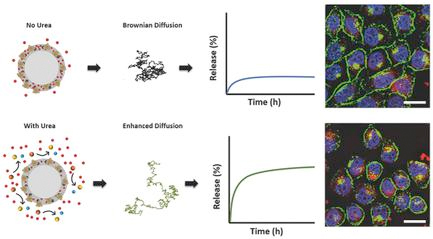

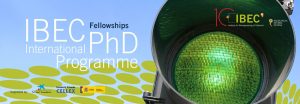 Application Deadline: 31/01/2018
Application Deadline: 31/01/2018
